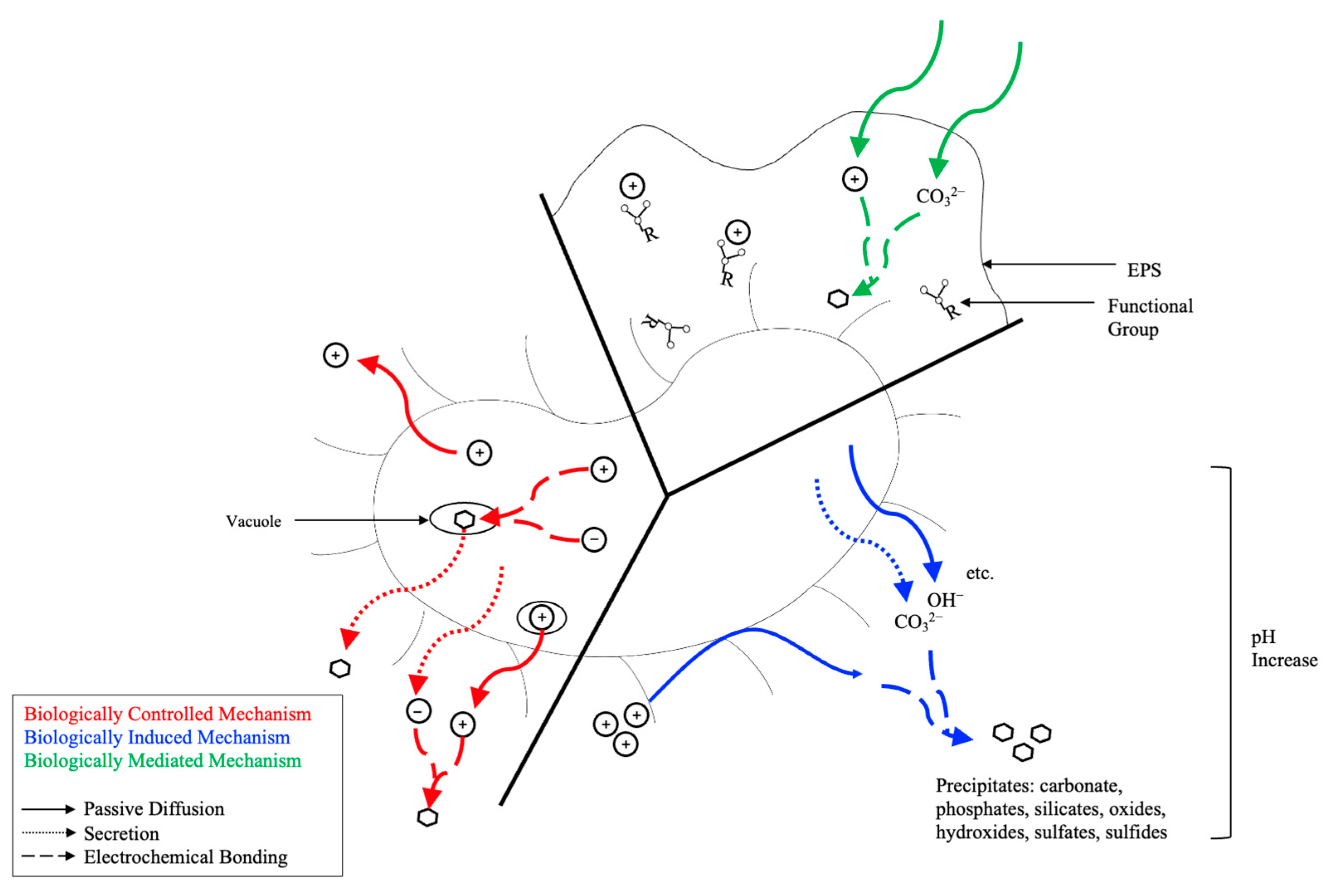2025-07-02 カリフォルニア大学サンタバーバラ校(UCSB)
<関連情報>
- https://news.ucsb.edu/2025/021937/experts-say-seafood-deregulation-could-impact-sustainability-and-supply
- https://www.sciencedirect.com/science/article/pii/S0308597X25002106
製造された危機における不確実な米国の水産物の持続可能性 Uncertain United States seafood sustainability in a manufactured crisis
Halley E. Froehlich, Jessica A. Gephart
Marine Policy Available online: 31 May 2025
DOI:https://doi.org/10.1016/j.marpol.2025.106795

Abstract
In 2025, the United States (U.S.) administration issued a new Executive Order (EO), Restoring American Seafood Competitiveness, intensifying efforts to deregulate the seafood sector under the guise of promoting domestic industry. Building on the 2020 EO (Promoting American Seafood Competitiveness and Economic Growth), the new policy and other disruptive governance actions mark a significant escalation in undoing federal regulatory frameworks, weakening scientific authority, and deemphasizing aquaculture development. This paper reflects on our first publication assessing the 2020 EO during the COVID-19 pandemic and evaluates four major areas of comparative concern: (1) regulatory dismantling rather than reform, (2) largely ignoring aquaculture from the national seafood strategy, (3) persistent and deepened data and research infrastructure gaps, and (4) a continued mischaracterization and inconsistency of U.S. seafood sourcing and trade realities. In contrast to science informed management that enabled the recovery of many U.S. wild stocks, the 2025 EO and other actions reduce the role of the National Oceanic and Atmospheric Administration, threatens legal mechanisms for agency expertise (via Chevron deference repeal), and promotes ill-informed deregulatory timelines and actions (e.g., removal of marine protected areas). Aquaculture, the most regulated and underutilized sector, is also seemingly overlooked, despite its actual potential to help meet domestic seafood demand. Simultaneously, critical federal databases, climate-focused research, and inter-agency coordination mechanisms are being defunded or removed. Ultimately, weakening evidence-based governance structures and partnerships, as well as voluntarily inducing volatile trade dynamics jeopardize the ecological, economic, and food security benefits of a resilient seafood system, putting America last not first.



